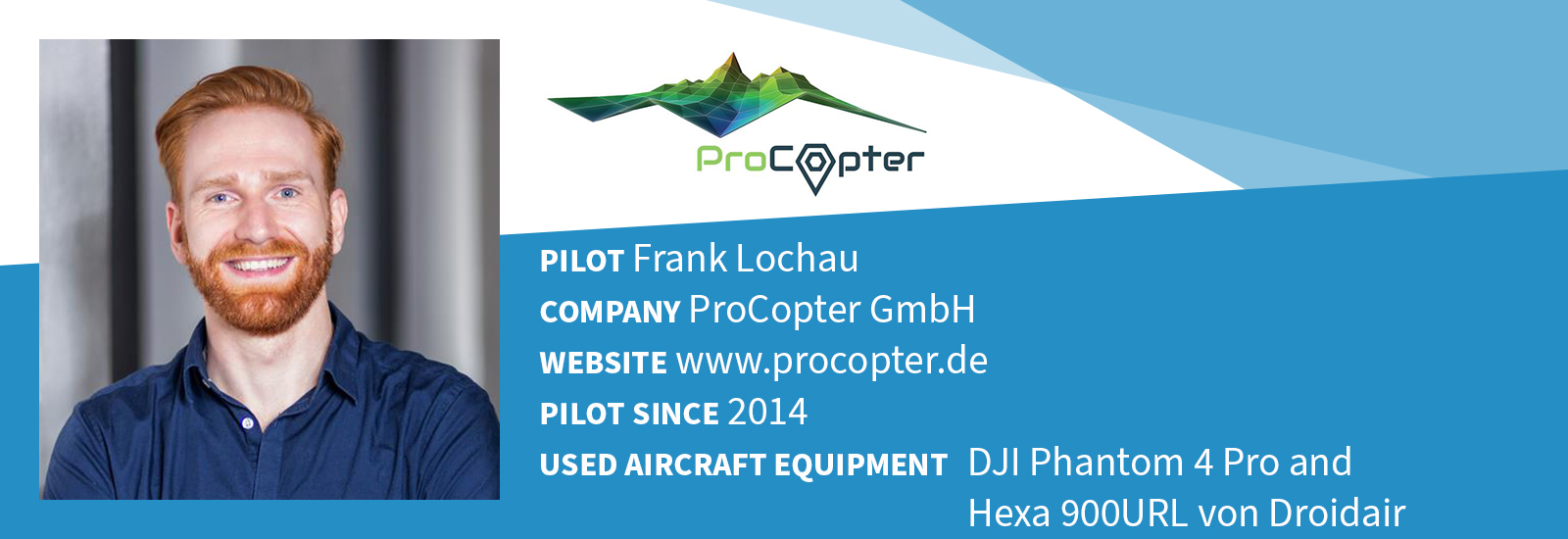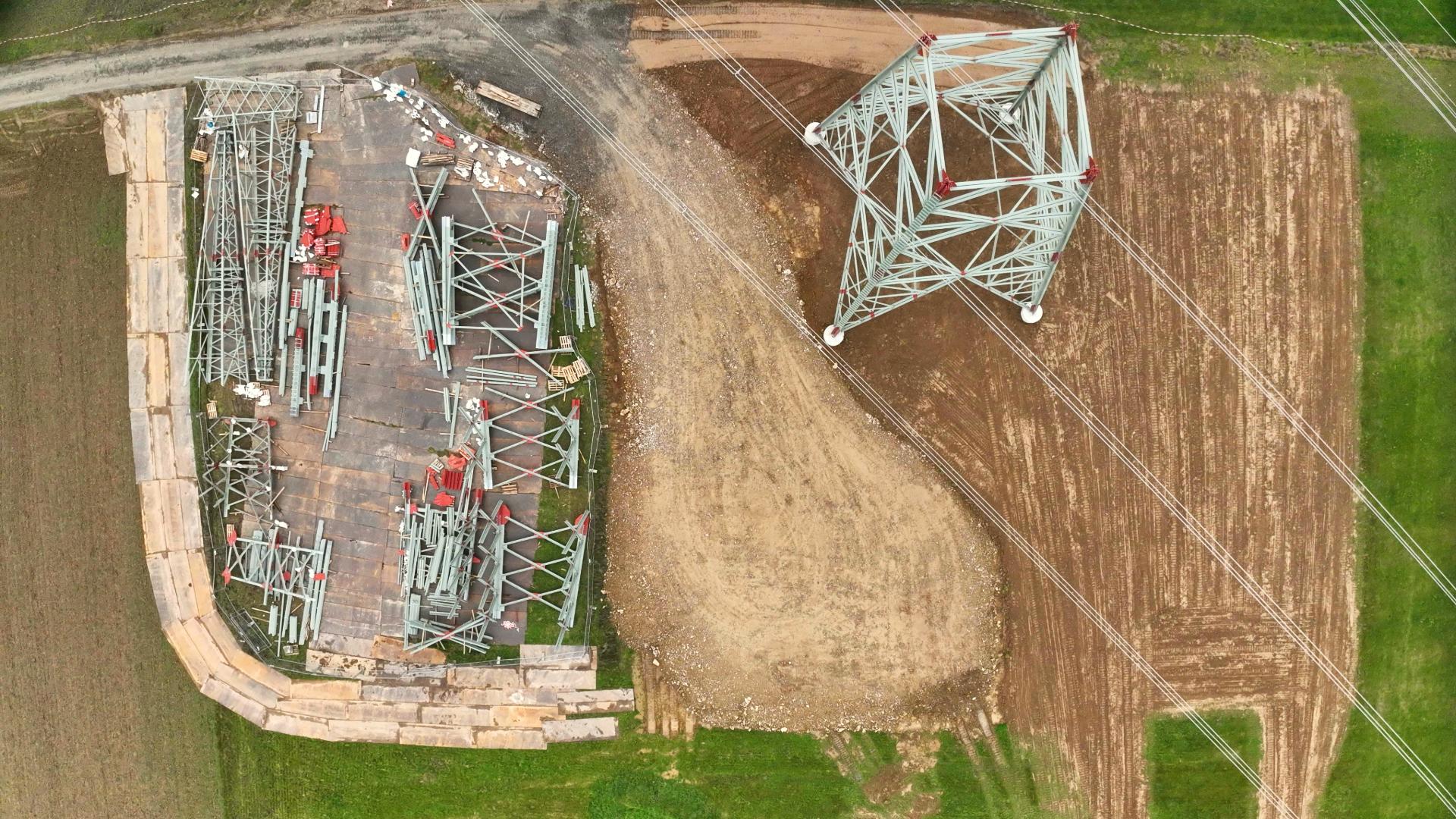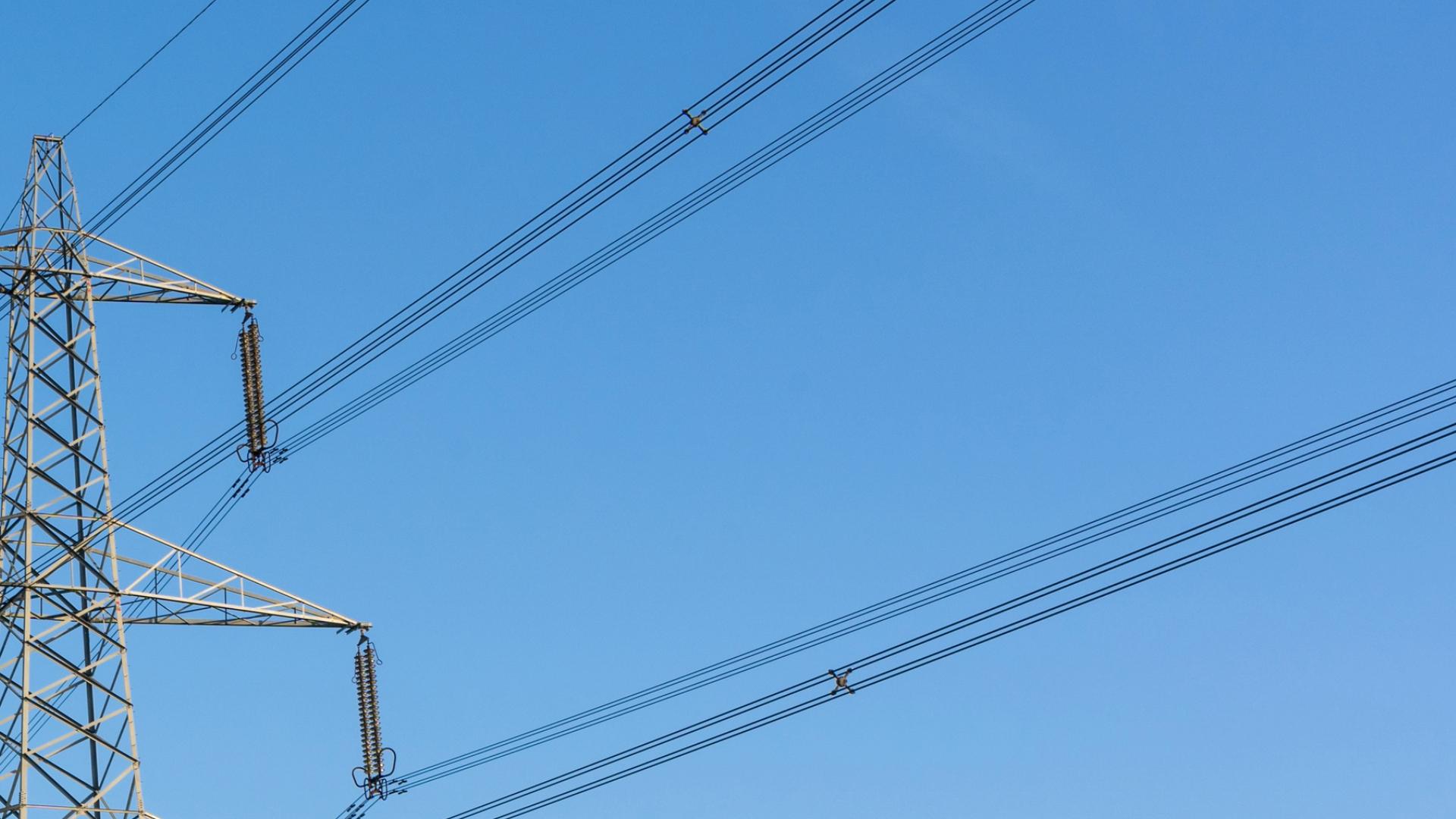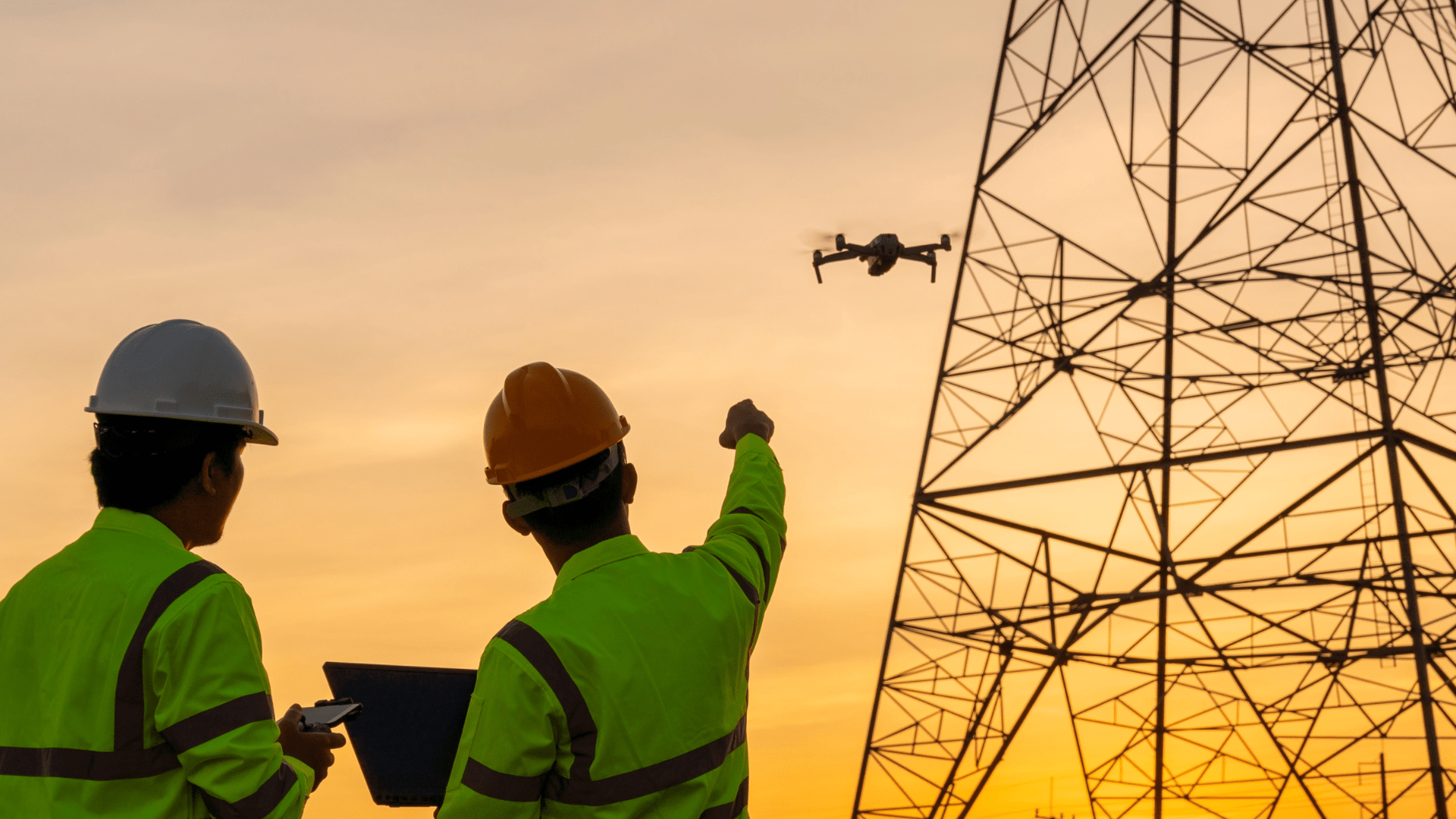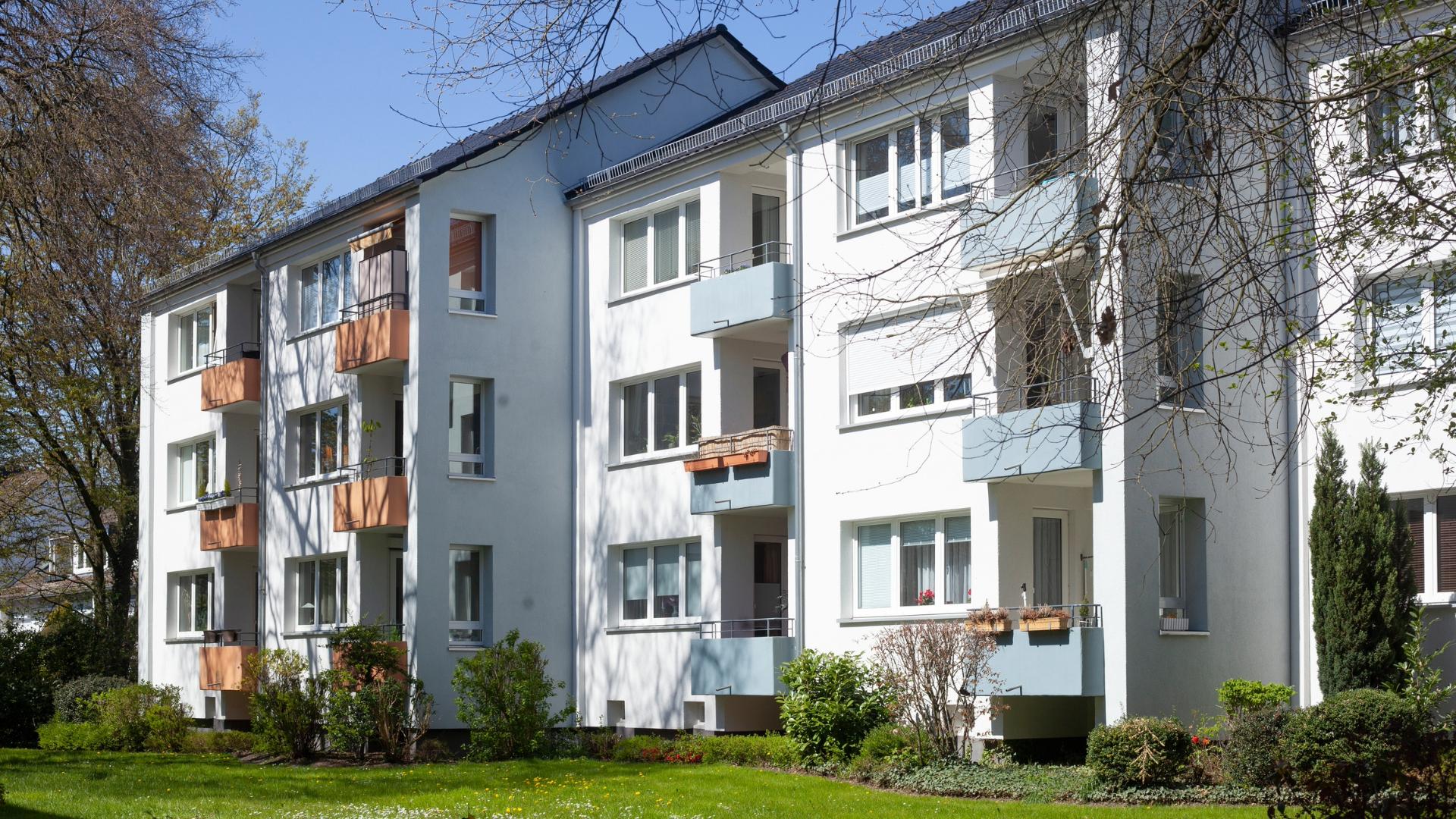We at FlyNex celebrate 10 million queries in our Map2Fly app. In the third part of the related blog series, we will focus on the actors behind the controllers.
Increasing demand for drone pilots
The profession of a drone pilot is still quite new, and in Germany, it is not (yet) a recognized training profession. For this reason, most drone pilots come from all kinds of industries.
As we have illustrated in the first part of our blog series, the drone market is continuously growing. This also increases the demand for professional drone pilots. So it cannot be ruled out that in the future there will be drone pilot training. The Bundeswehr already offers training as a drone pilot.
Anyone who wants to work as a drone pilot needs a drone and a “drone license”. It is a proof of knowledge, with which one confirms to be informed about the use and legal regulations. The drone driving license can be obtained in certified multicopter schools.
Depending on the area of application, drone pilots have different tasks. They are responsible for planning, flying, and, in some cases, analyzing and processing the data collected. Self-employed drone pilots are also responsible for the maintenance and repair of their unmanned aircraft systems.
We interviewed FlyNex employee, drone pilot and founder of ProCopter, Frank Lochau, about his work.
Frank Lochau
1. How did you first come in contact with drones?
At the beginning of 2014, a friend and I were thinking about what kind of company we could found. He studied agriculture, and I studied energy and environmental technology while earning money as a photographer. So the idea was born to lift the camera into the air for agricultural purposes.
2. What does a typical day / mission look like for you?
I have different checklists, which I go through on every assignment. The missions are partly very dependent on the weather, and you have to follow the rules and regulations. So I often check the weather, especially the wind speeds, and register my flights accordingly. The check and the care of the technique, of course, must not be left out.
3. Where and what do you fly? Which advantages does the drone offer?
At the moment, I have specialized in 3D surveying of buildings and real estate. This way, I create hundreds to thousands of pictures of an object and combine them with a photogrammetry software to a 3D model. The resulting digital twin of the object is true to scale and accurately measured within specified tolerances.
Among other things, this results in a roof survey without anyone having to climb on the roof. It is faster and much more secure!
4. How do you think the job and technology will develop in the future?
Drone technology is becoming more and more intelligent and automated. Soon, it will be possible to plan all flights in the office, and all you need to do on-site is press start, and the drone will survey the buildings by itself. Back in the office, the 3D model is already created, and work can continue.
We sincerely thank Mr. Lochau for his willingness to participate and we wish him many more successful years and safe flights!
Next week, our blog series will focus on the future of drone technology.
Until next week,
Your FlyNex Team
